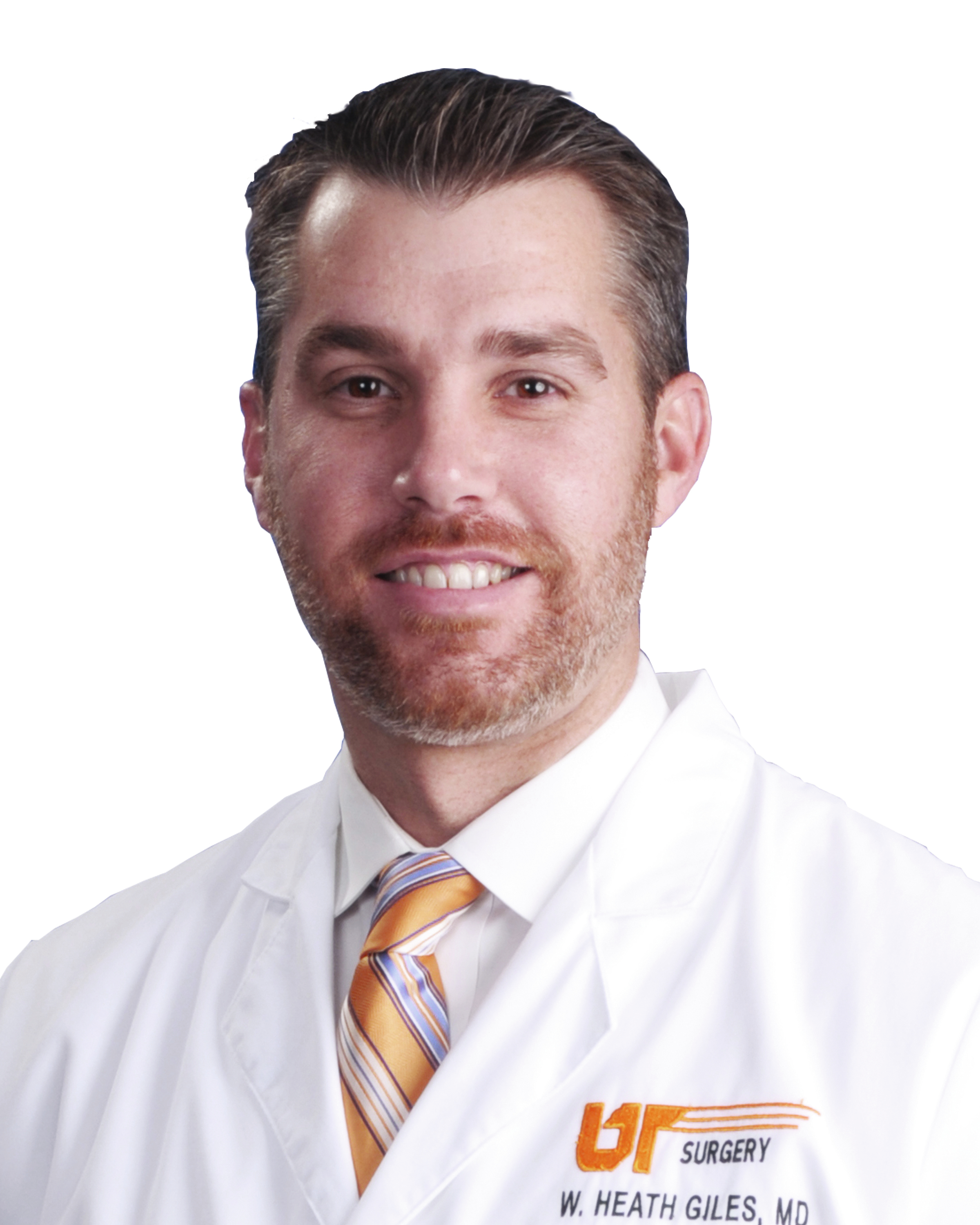Q: What is the thyroid and what does it do?
A: The thyroid is a small butterfly shaped organ that lives in the lower neck, just above your collarbones. Its job is to create hormones, which helps all the other systems in your body do their jobs efficiently.
Most thyroid ailments are treatable and most do not require surgery. Up to 85% of thyroid nodules are benign and cause no problems. Some of the most common problems are ones in which the thyroid is making too much hormone, like Graves' disease and toxic adenoma. Another problem is low function of the thyroid, which you would see with Hashimoto's thyroiditis or patients who have had previous thyroid surgeries.
There are risk factors for thyroid problems. Iodine is necessary for the formation of thyroid hormone and the lack of iodine leads to thyroid growth, which can cause a goiter and is why we have iodine in our salt.
Signs of an overactive thyroid would be tremors, heart racing, heat intolerance, sweating and anxiety. These are very common complaints that people have, especially women as they start to reach the age of menopause. That makes it difficult to sometimes diagnose those ailments, which is also why primary care physicians include that in their yearly labs because it is somewhat ambiguous as to when those symptoms are occurring. So, it's more important to have laboratory values that will tell you for sure whether a thyroid issue is occurring. With regards to structural problems with the thyroid, large nodules can lead to compressive symptoms in the thyroid, specifically trouble swallowing, pain in the front part of the neck or an abnormality in the neck such as swelling.
If you find a nodule on a scan for some other reason, the chances the nodule will be any sort of malignancy is very low, probably less than 5-10%, but it should be appropriately worked up. The American Thyroid Association has created a set of guidelines we follow: In most cases, solid thyroid nodules bigger than 1.5 cm should receive a biopsy to ensure there is no malignancy present. However, small nodules can safely be followed.
Dr. Heath Giles is a general surgeon with University Surgical Associates and a member of the Chattanooga-Hamilton County Medical Society.
